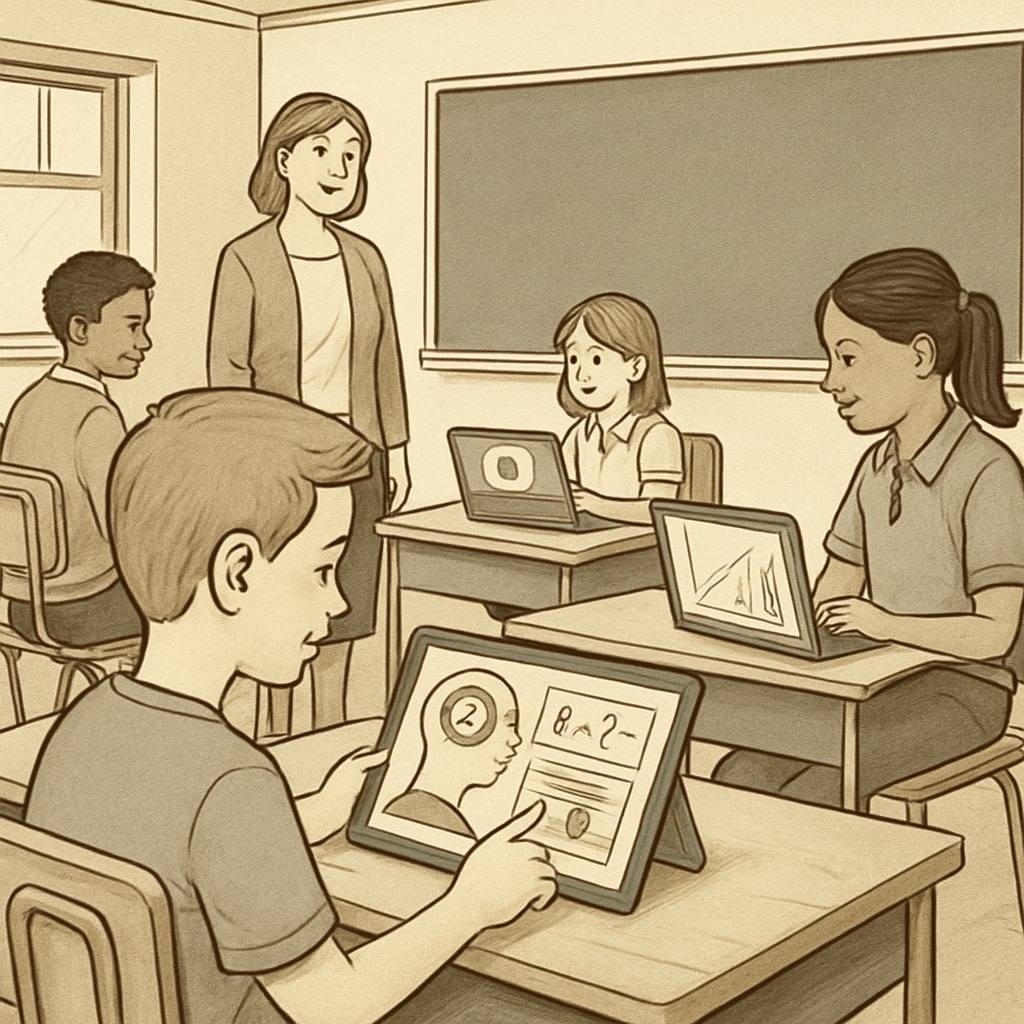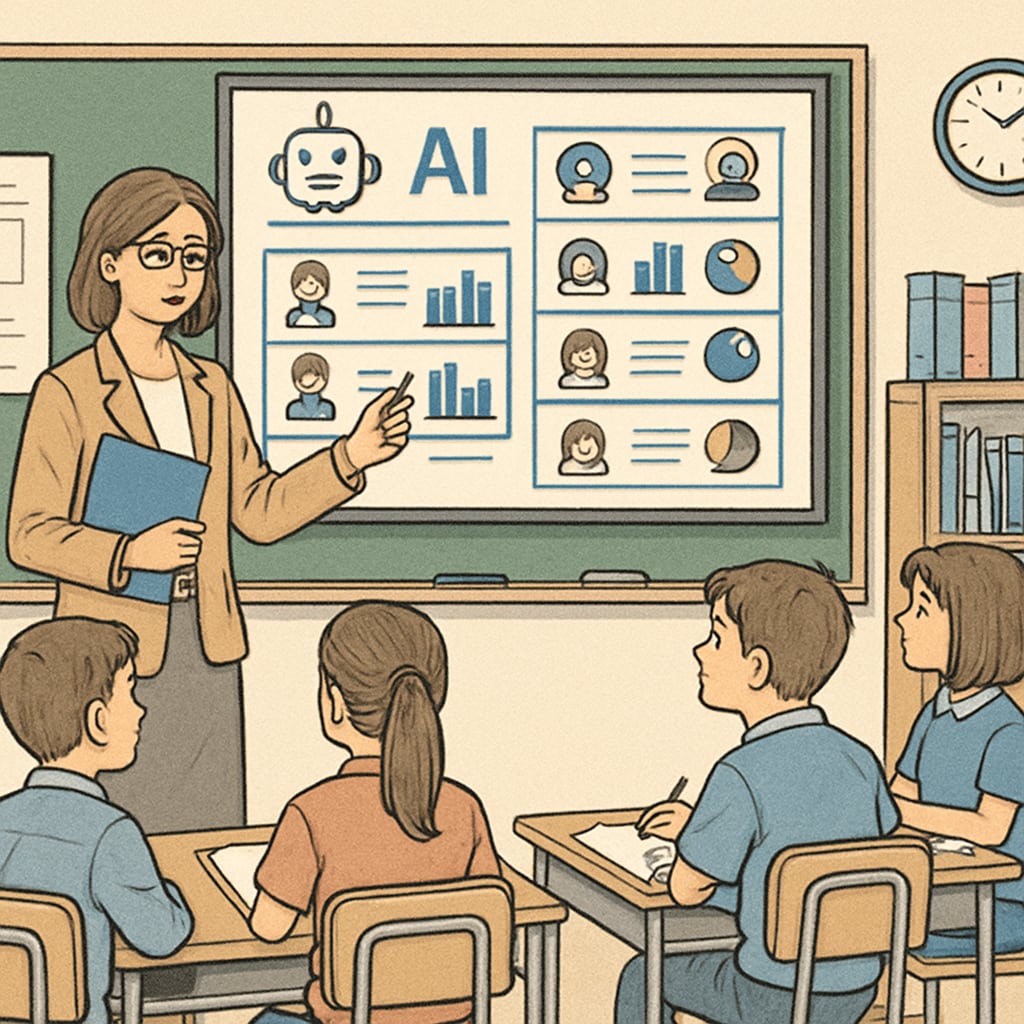Artificial intelligence (AI) is rapidly transforming various industries, and its impact on education, particularly K12 systems, is profound. From personalized learning solutions to redefining teacher roles and innovating assessment methods, AI is reshaping how students learn and engage with knowledge. As a result, educators and policymakers are actively exploring how AI can create smarter classrooms to enhance the learning experience while addressing challenges such as equity and privacy.
Personalized Learning: The Cornerstone of AI in Education
One of the most significant contributions of AI to K12 education is personalized learning. AI-driven platforms use algorithms to analyze student performance, learning habits, and preferences. By doing so, they can tailor educational content and pace to meet individual needs. For example, adaptive learning systems like DreamBox and Khan Academy utilize AI to offer customized exercises and feedback based on each student’s progress.
These systems make learning more engaging and ensure that students receive support in areas where they struggle, while advancing quickly in subjects they excel at. As a result, the traditional one-size-fits-all approach to education is giving way to a more dynamic and inclusive model.

Redefining the Role of Teachers in AI-Driven Classrooms
AI is not replacing teachers but augmenting their capabilities. Teachers can use AI tools to automate repetitive tasks like grading and administrative work, freeing up time to focus on mentoring and creative instruction. Moreover, AI can act as a “virtual assistant” by providing real-time insights into student performance, allowing educators to intervene effectively when needed.
For example, tools such as Google Classroom and Edmodo integrate AI to help teachers monitor progress and provide targeted support. This shift enables teachers to become facilitators of knowledge rather than mere transmitters, fostering a more collaborative and interactive learning environment.

Innovative Assessment and Evaluation Methods
Traditional methods of assessment, such as standardized tests, often fail to capture the full spectrum of a student’s abilities. AI introduces innovative evaluation techniques that go beyond rote memorization. Using natural language processing (NLP) and machine learning (ML), AI systems can evaluate essays, creative projects, and even spoken presentations with unprecedented accuracy.
Additionally, AI-powered platforms like Gradescope allow educators to analyze patterns in student submissions, identifying areas where an entire class may need improvement. This data-driven approach to assessment ensures fairer and more comprehensive evaluations, ultimately improving educational outcomes.
Challenges and Ethical Considerations
While AI offers immense opportunities, it also raises concerns. Privacy is a significant issue, as AI systems require large amounts of data to function effectively. Ensuring that student data is securely stored and used ethically is paramount. Furthermore, there is the risk of exacerbating educational inequities if access to AI tools is limited to well-funded schools.
Another challenge lies in the potential over-reliance on AI, which could lead to diminished critical thinking and interpersonal skills. Educators and policymakers must strike a balance between leveraging AI’s capabilities and preserving the human elements of teaching and learning.
As AI continues to evolve, the future of K12 education will undoubtedly be shaped by its innovations. By embracing these technologies responsibly, educators can create smarter, more inclusive classrooms that prepare students for the challenges of tomorrow.
Readability guidance: Use short paragraphs and lists to summarize key points; aim for clarity and accessibility while maintaining a professional tone. Ensure a balanced distribution of keywords and related terms to optimize SEO.


